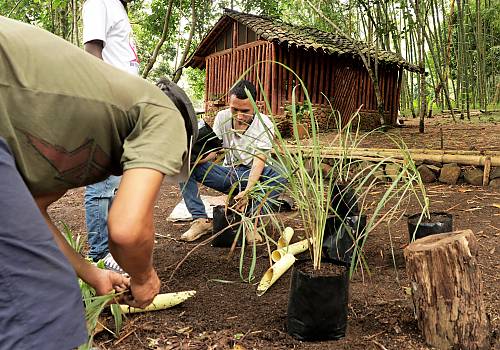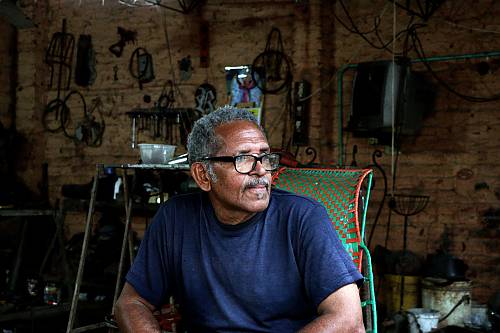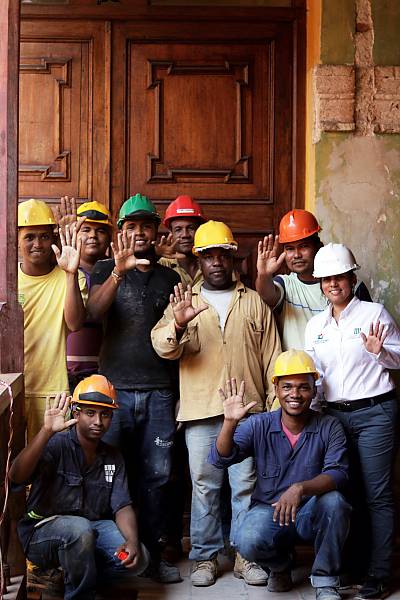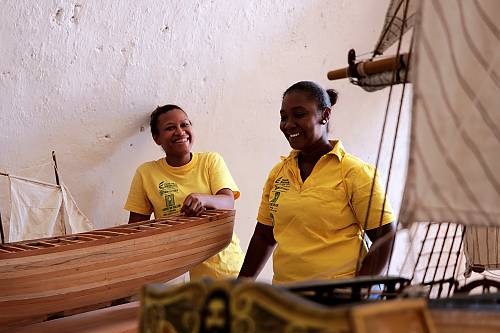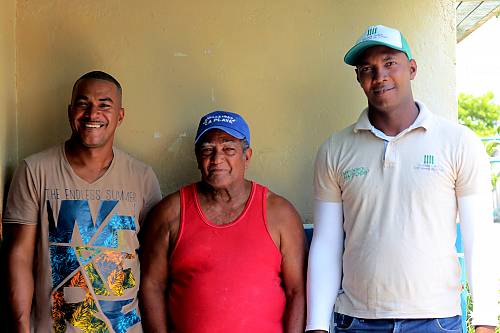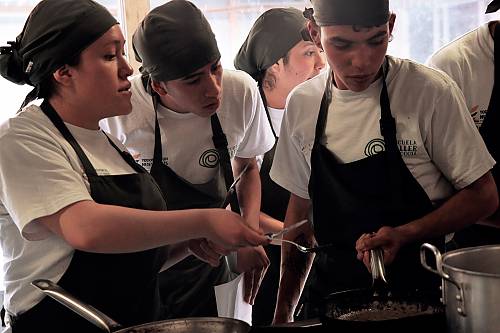Safeguarding strategy of traditional crafts for peace building
Selected in 2019 on the Register of Good Safeguarding Practices

The safeguarding strategy of traditional crafts for peace building addresses the weakening of traditional crafts through a system of intergenerational transmission of knowledge between master and apprentice based on the non-formal ‘learning by doing’ method. The safeguarding strategy aims to train different sectors of the population, create labour connections and foster cultural entrepreneurship. It establishes a link between bearers of traditional crafts and skills who are recognized by their communities for their empirical knowledge of the peculiarities of their region and apprentices aged between fourteen and thirty-five who become builders of peace by learning a skill or craft, seeking to transform their situation of vulnerability. The safeguarding strategy is therefore geared at: allowing for the qualification of traditional crafts, thereby improving employment opportunities; implementing a Traditional Crafts Policy to guide and ensure continuity in the transmission and practice of these crafts; and enhancing the Workshop Schools Programme. Priority is accorded to young people who are exposed to the effects of armed conflict, a lack of opportunities, school desertion and unemployment. Training is also combined with work, guaranteeing apprentices’ future employability. The strategy thus aims to foster the safeguarding of traditional crafts as a tool for social inclusion, employment and cultural entrepreneurship. In turn, the community can recognize the cultural and societal value of safeguarding different traditional skills and crafts.

